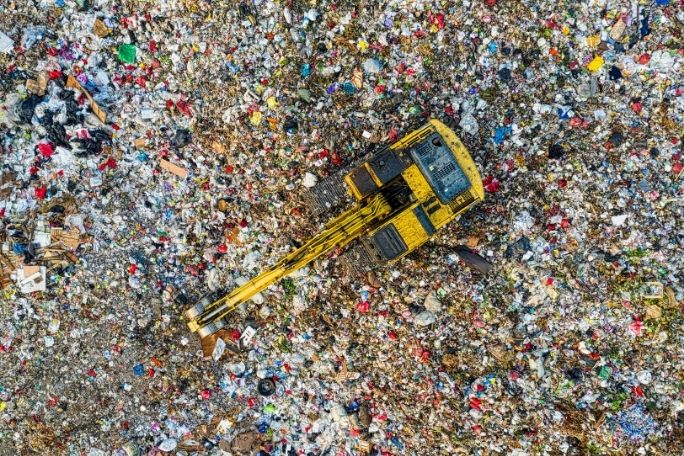Lesson summary
In this lesson students explore the concept of the 4Rs – Refuse, Reduce, Reuse, Recycle – and how it applies to waste. Students begin by working as a class to define the 4Rs, and then work in teams to brainstorm examples of each of the 4Rs. Finally, students explore how they can apply the 4Rs to their own lives.
Learning intentions:
Students will...
- understand what is meant by the 4Rs
- understand the actions they can take to address the 4Rs.
Success criteria:
Students can...
- work in groups
- consider the ideas and opinions of others
- communicate their ideas with the class.
Lesson guides and printables
Lesson details
Curriculum mapping
Australian curriculum content descriptions:
Year 4 HASS:
- The use and management of natural resources and waste, and the different views on how to do this sustainably (ACHASSK090)
Syllabus Outcomes: GE2-2, GE2-3.
General capabilities: Critical and creative thinking.
Cross-curriculum priority: Sustainability OI.8.
Time required: 45 mins.
Level of teacher scaffolding: Low – facilitate activity.
Resources required
- Student Worksheet – one copy per student
- Butchers’ paper, Blu Tac, felt markers
- OPTIONAL – Device capable of presenting a video to the class
Skills
This lesson is designed to build students’ competencies in the following skills:
- Collaboration
- Communication
- Critical Thinking
Additional info
This is an original Cool.org lesson. Facts and figures in these lessons may have changed since this lesson was published. We always endeavour to update our resources in a timely manner, but if you see an error or issue in our resources please get in touch with us.


Welcome back!
Don't have an account yet?
Log in with:
By signing up to Cool.org you consent and agree to Cool's privacy policy to
store, manage and process your personal information. To read more, please see
our privacy policy here(Opens in new tab).
Create your free Cool.org account.
Many of our resources are free, with an option to upgrade to Cool+ for premium content.
Already have an account?
Sign up with:
By signing up to Cool.org you consent and agree to Cool's privacy policy to
store, manage and process your personal information. To read more, please see
our privacy policy here(Opens in new tab).